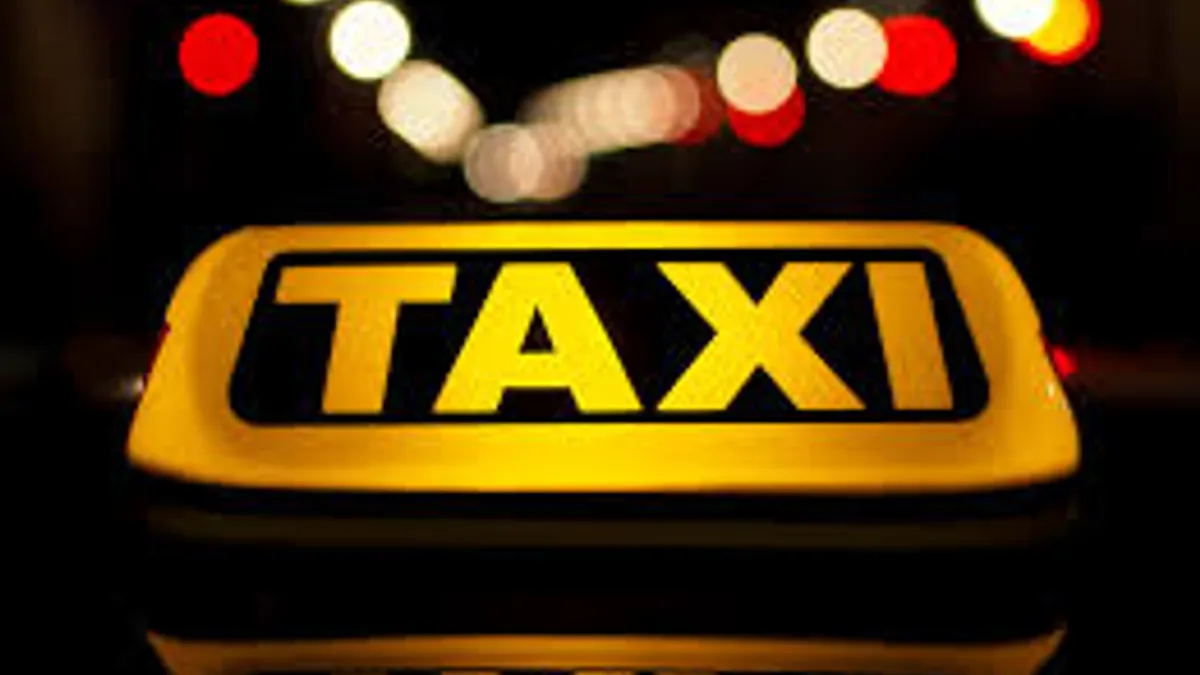Dive Brief:
- The City of Columbus, OH is offering $30,000 in rebates to taxi companies to replace existing vehicles with electric cars.
- The seed money will cover 10 electric vehicles and is meant to study the feasibility and use of the vehicles, with the potential to deploy more.
- The Smart Columbus Transportation Service Provider Battery Electric Vehicle Rebate Program is paid for out of a $10 million grant from the Paul G. Allen Philanthropies as part of the Smart City Challenge. The city expects to grow the program to $120,000 in total funding.
Dive Insight:
The 10-vehicle starting point is relatively small, but the city hopes to collect data on each vehicle’s use to its Smart Columbus data hub. That research would then be used to replace more conventional taxis with electric power in the future, through a larger funding pool after the first year.
It fits into Columbus’ overall smart city effort, which comes after winning the Department of Transportation’s 2016 Smart City Challenge. Through grant funding associated with the challenge, Columbus has initiated work on projects including connected vehicles, expanding mobility access for low-income residents and an app to increase transportation access for prenatal doctor visits.
Electric vehicles (EVs) are a key part of the Smart Cities program — the city received $10 million from Vulcan Inc. to reduce greenhouse gas emissions from transportation, and will open an EV showroom meant to familiarize the public with the technology. In February, the city also said it would invest $2 million on a lease-to-own program for 93 electric vehicles for city use.
While increased EV access among consumers remains a challenge because of cost and familiarity, taxis offer a potentially easier market because fleet operators can charge them overnight and ensure that the cars are not run beyond their battery life. Cities including Montreal and New York have also moved towards integrating EVs to their taxi fleets. By using the smaller test group as a way to collect data, Columbus can also develop a larger strategy to deploy not just electric taxis, but larger government and private fleets, with a better sense of the charging and range challenges.











